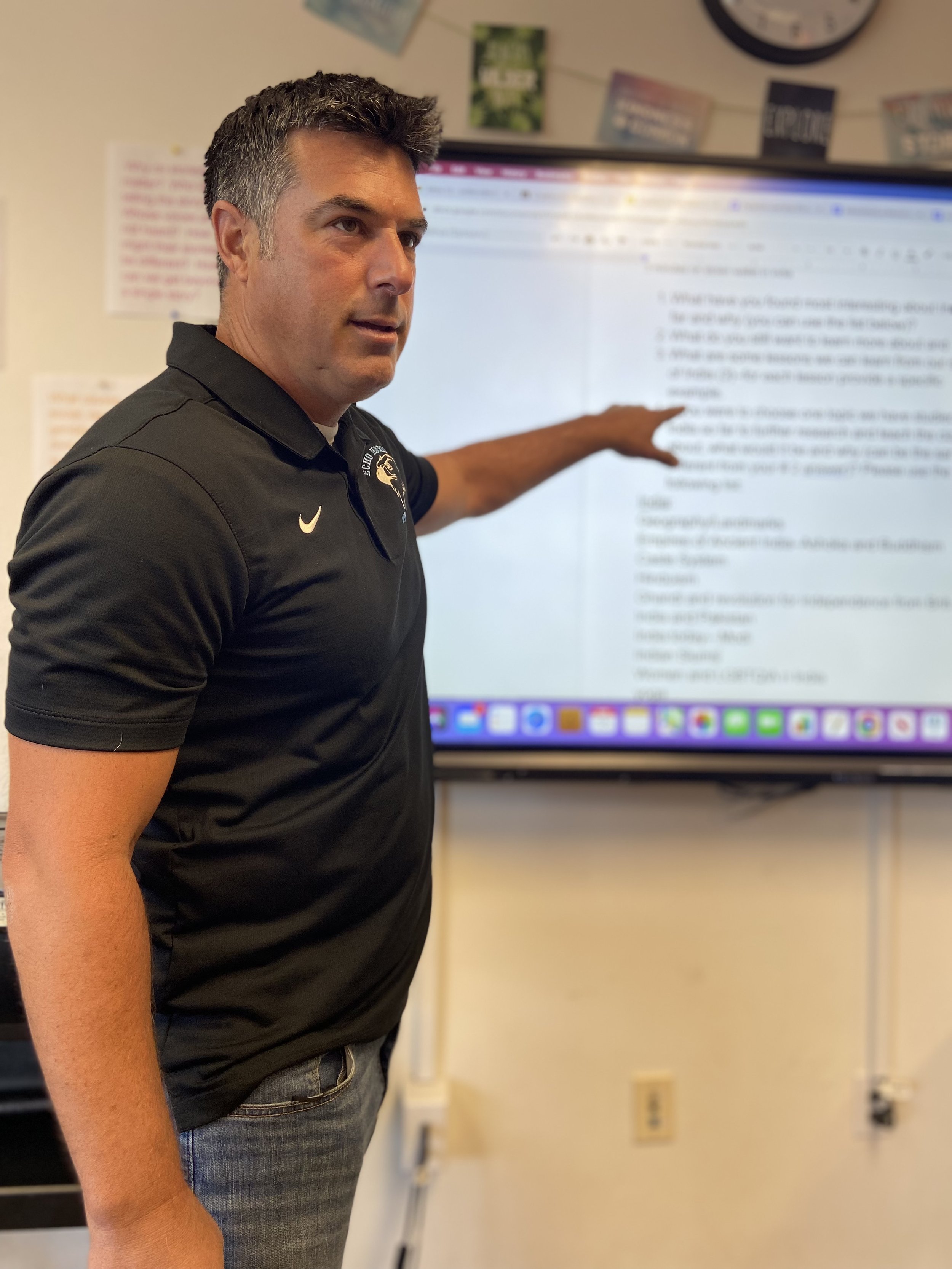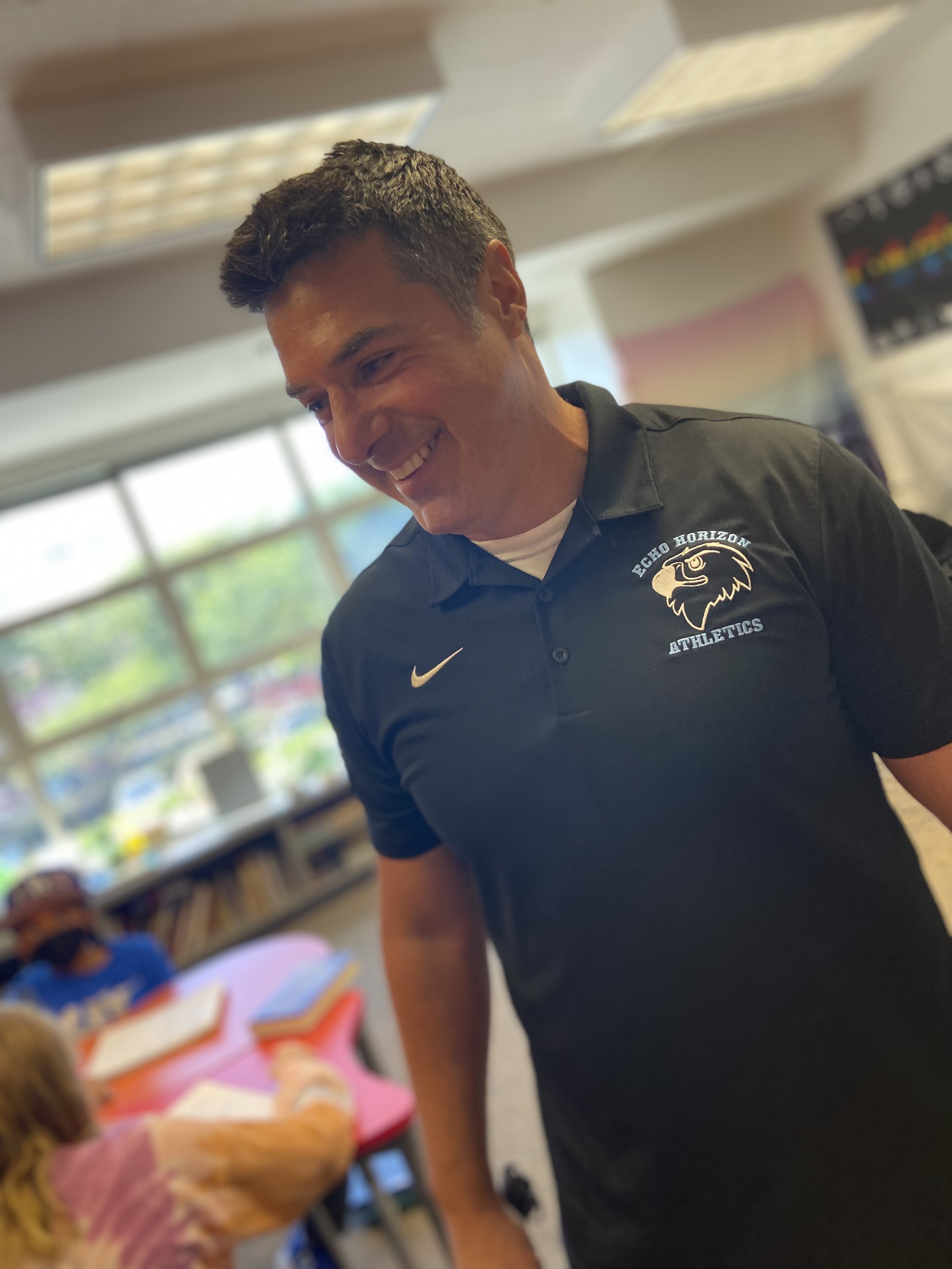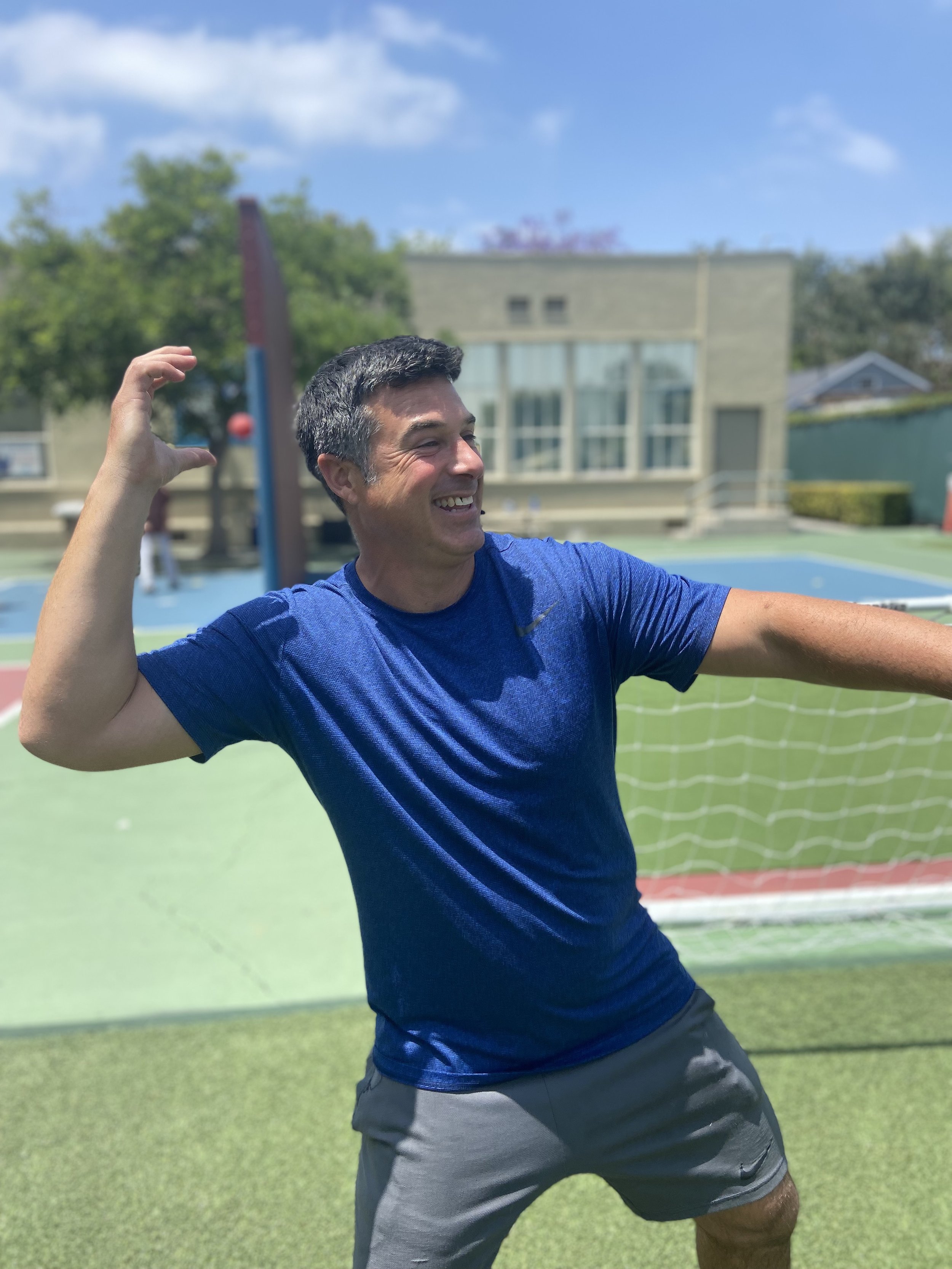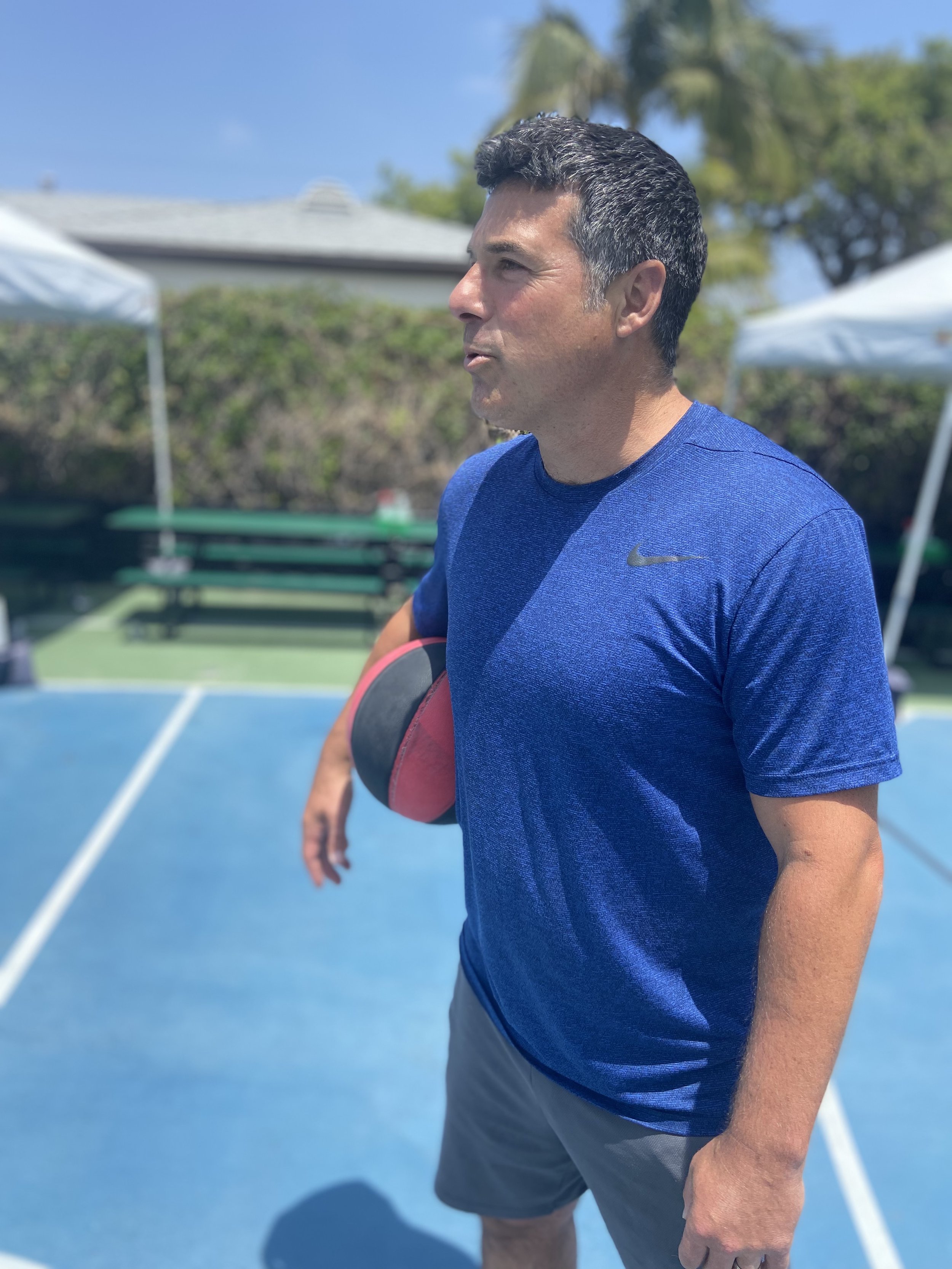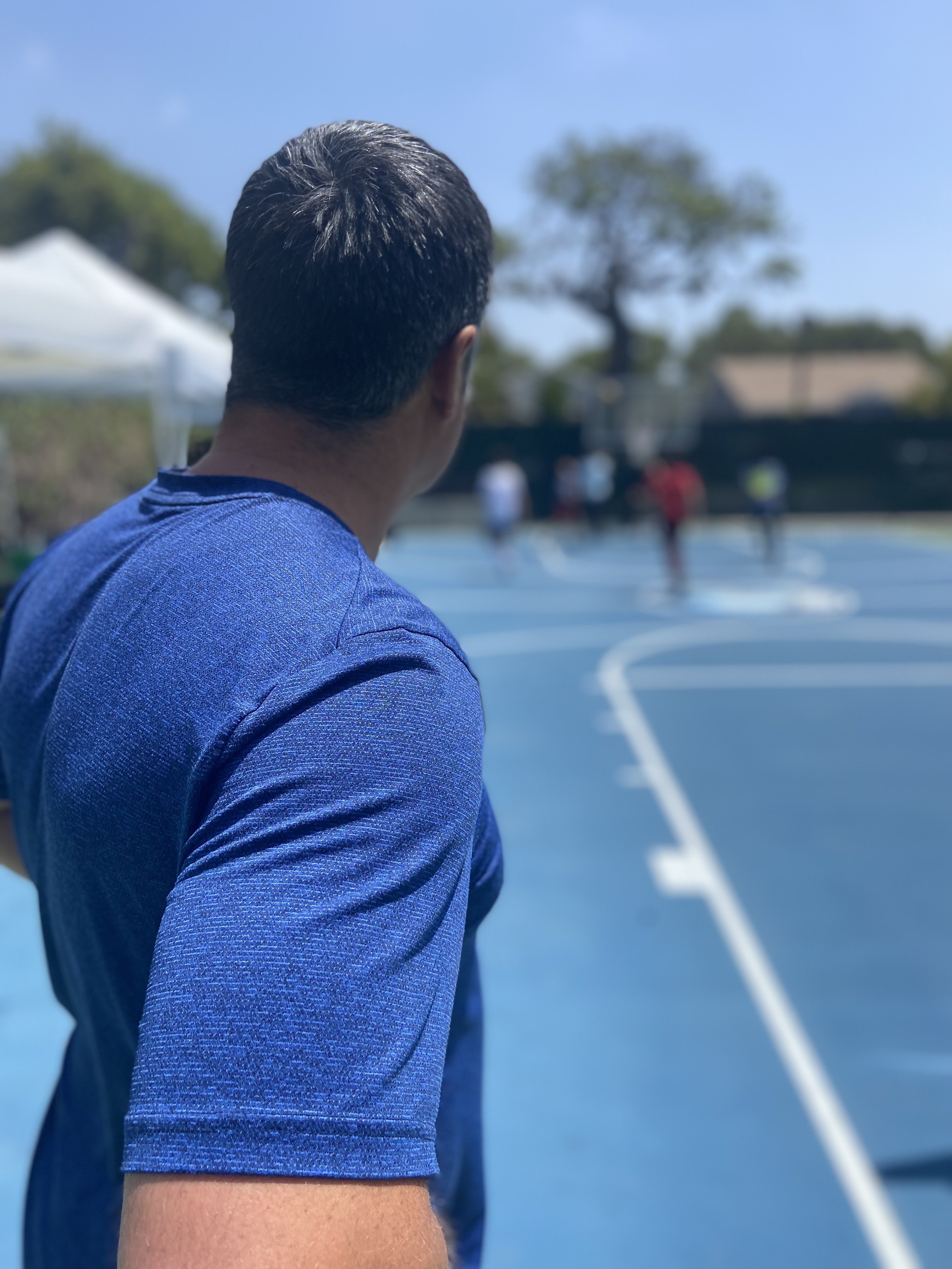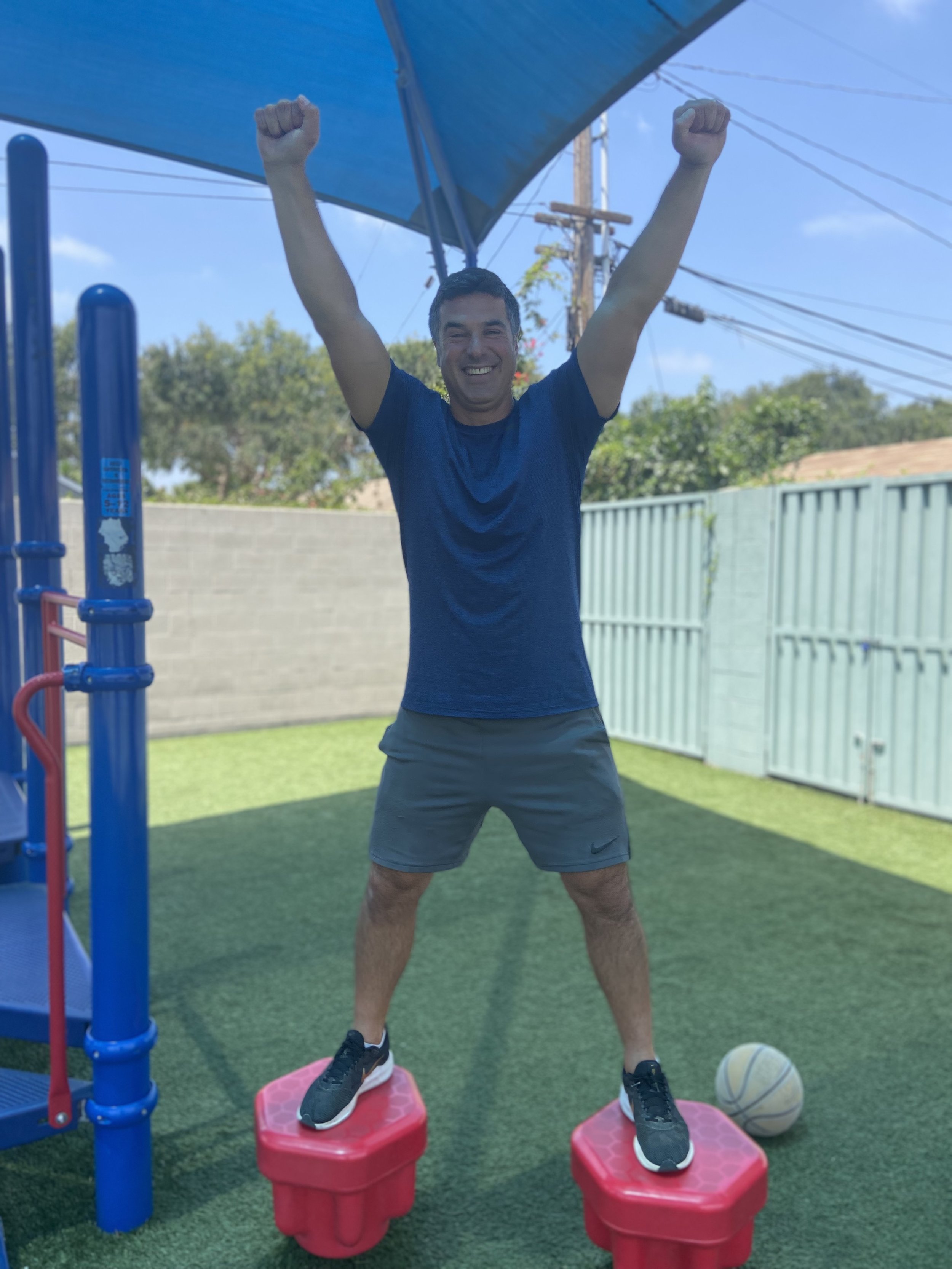
“Always the more beautiful answer to who asks the beautiful question.”
ee cummings
About
I have always loved athletics, fitness, and learning; I tend to be a proponent of the Ancient Greek motto of working to be strong and healthy of body and mind. Every day I do something physically active and read something interesting or thought provoking to sharpen my mind. I am also big into Wellness practices such as yoga, meditation, healthy eating, gratitude, cold plunges, strength training, etc. As the quotes highlighted on this page indicate, I want to teach students to think critically, be curious, ask great questions, and really grapple with the big ideas. I hope to engender and inculcate a love of reading, writing, and learning. I hope to foster lifelong learners.
With over twenty years of experience in the classroom and on the athletic fields, I truly believe sports/fitness can complement students’ learning. I have also seen that students who love to learn and take their health seriously (mind, body, and spirit health), tend to be the happiest and thrive the most. As a competitive athlete from an early age, I have learned that the hard work, discipline, and sense of joy sports and fitness can provide are the same skills necessary to flourish in the classroom.
I am currently a sixth grade Humanities teacher and Athletics Director/coach. I grew up on the West Side of Los Angeles and attended Brentwood School. I went on to play baseball at Stanford and majored in English and Economics. After receiving my Masters in Education, I taught for a year in El Salvador. I then spent 17 years teaching English and coaching various sports at Brentwood School. These last four years I have taught 6th grade Humanities and served as a coach and The Athletics Director at Echo Horizon School in Culver City. I have also coached basketball, soccer, baseball, and tennis.
All of the current research confirms that students who have healthy mentors do better in many areas. Scholars agree that mentoring can be associated with a wide range of positive outcomes for protégés. Mentoring has been discussed as a strategy for positive youth development and as a deterrent of risky youth behavior (Dubois and Karcher), as a way to improve the academic adjustment, retention, and success of college students (Johnson), and as a means to facilitate career development among employees (Kram). Students with healthy mentoring relationships also tend to earn higher grades, get more schooling, attain higher future earning, and be happier overall (the 74 Million org).
